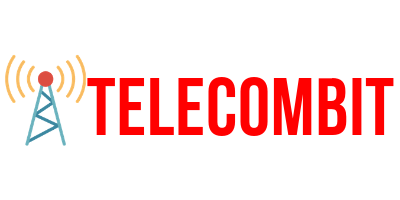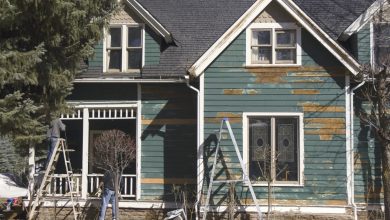Tips for making your home more energy efficient
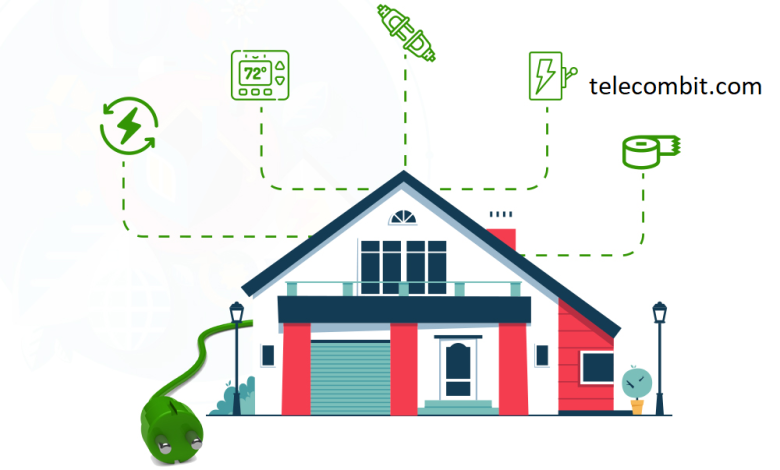
In today’s world, where environmental consciousness is on the rise and energy costs are soaring, making your home more energy efficient is not only beneficial for the planet but also for your wallet. By implementing simple yet effective strategies, you can reduce energy waste, lower your utility bills, and create a more sustainable living environment. In this article, we will explore practical tips to make your home energy efficient, allowing you to save both resources and money.
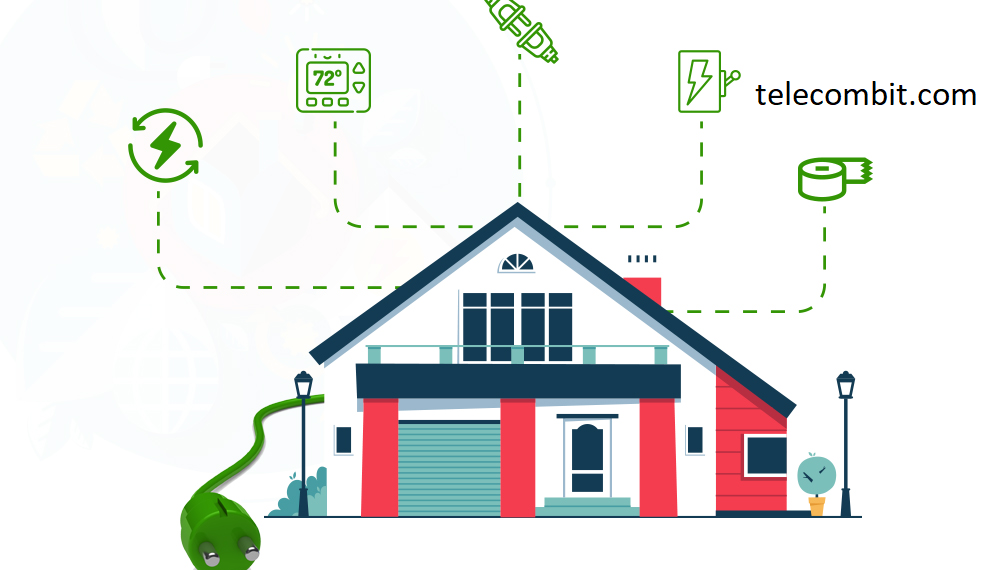
Seal Air Leaks
One of the first steps to achieving an energy-efficient home is to identify and seal air leaks. These leaks can be found around windows, doors, electrical outlets, and other openings. Using weatherstripping and caulking, seal any gaps and cracks to prevent warm or cool air from escaping and outside air from entering your home. This simple measure can significantly reduce your heating and cooling costs.
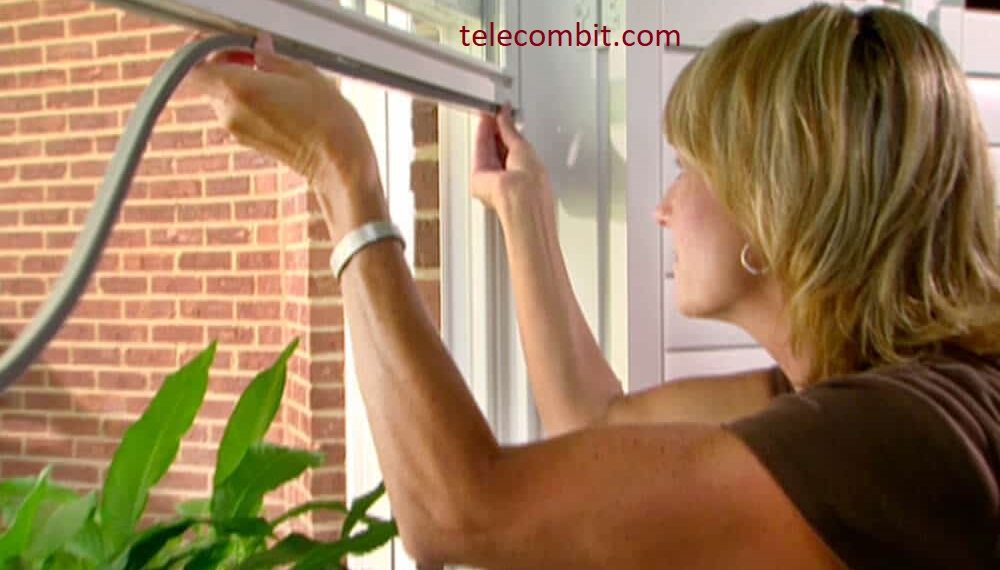
Upgrade Insulation
Proper insulation plays a crucial role in maintaining a comfortable indoor temperature and minimizing energy waste. Inspect your home’s insulation, particularly in the attic and walls, and consider upgrading it if necessary. Adding insulation or improving existing insulation can prevent heat loss during winter and keep your home cooler during hot summer months.
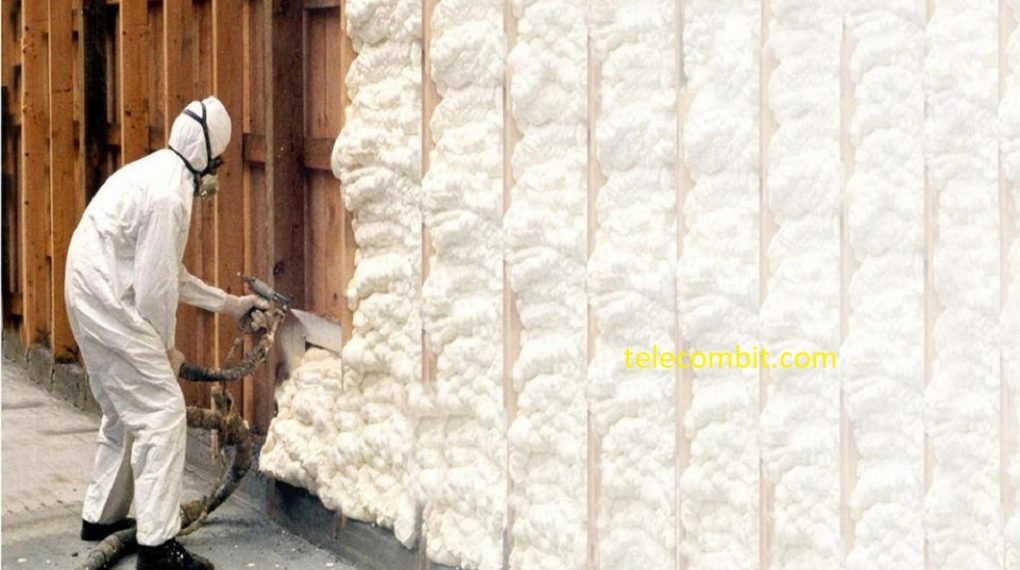
Upgrade your daily commute with the AOVO®Bogist C1 Pro folding scooter, offering a convenient and eco-friendly transportation solution for urban travelers.
Install Energy-Efficient Windows
Windows are another potential source of energy loss. Consider replacing old, single-pane windows with energy-efficient models. Look for windows with low-emissivity (low-E) coatings and double or triple glazing, as they provide better insulation and reduce heat transfer. Energy-efficient windows not only enhance your home’s energy efficiency but also contribute to noise reduction and improved indoor comfort.
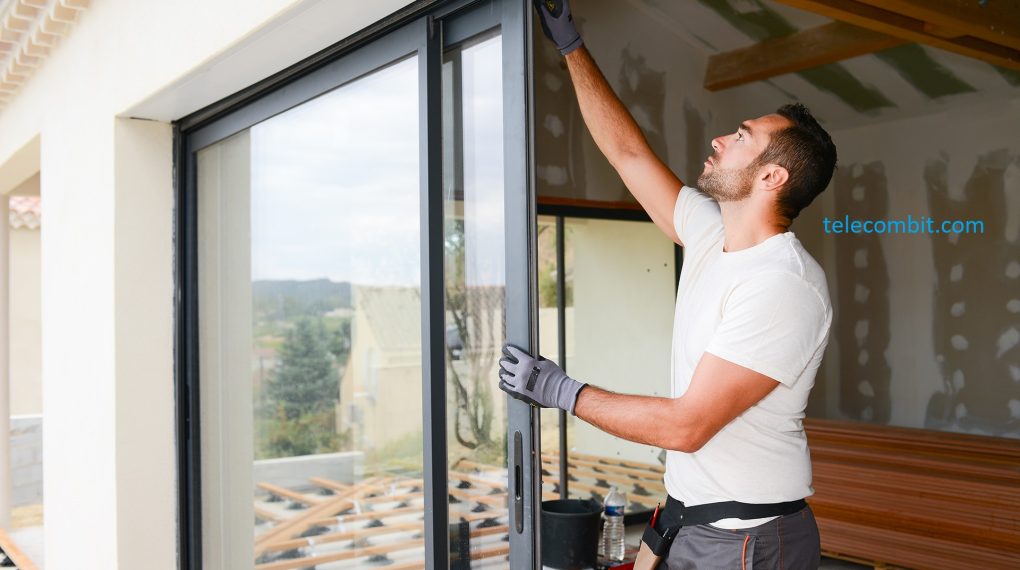
Switch to LED Lighting
Lighting accounts for a significant portion of a household’s energy consumption. Replace traditional incandescent bulbs with energy-efficient LED lights. LED bulbs use up to 80% less energy and last much longer, resulting in substantial energy and cost savings. Additionally, consider installing motion sensors or timers to automatically turn off lights in unoccupied rooms, further reducing unnecessary energy usage.
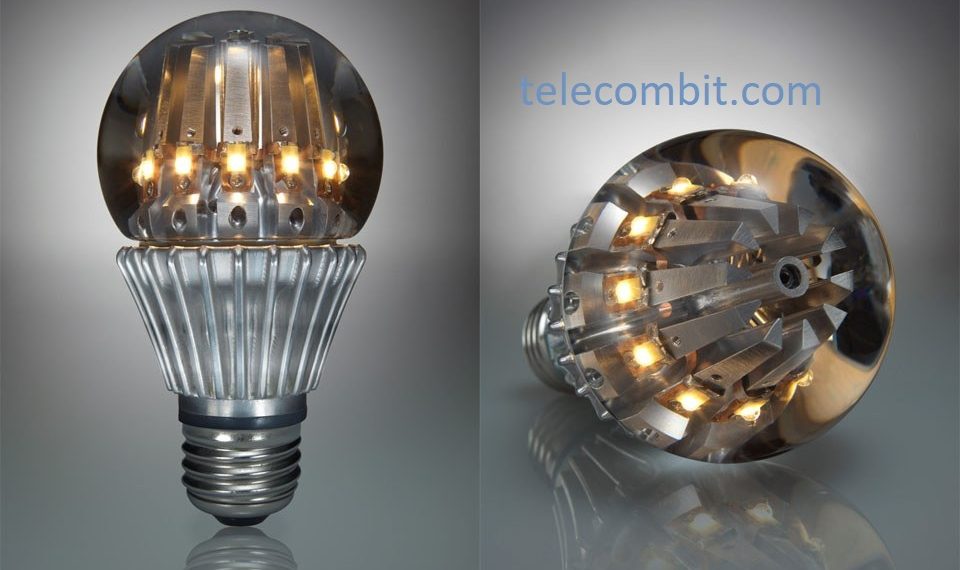
Optimize Heating and Cooling Systems
Heating and cooling systems are among the largest energy consumers in a home. Ensure that your HVAC system is well-maintained and operating efficiently by scheduling regular inspections and servicing. Clean or replace air filters frequently to allow proper airflow and reduce energy consumption. Consider upgrading to a programmable thermostat that allows you to set temperature schedules and save energy when you’re away from home.

Efficient Water Usage
Conserving water not only benefits the environment but also reduces energy consumption. Install low-flow faucets and showerheads to minimize water wastage without compromising functionality. Repair any leaks promptly, as dripping faucets can waste a significant amount of water over time. Additionally, consider installing a water-efficient toilet that uses less water per flush, saving both water and the energy required to treat and distribute it.

Energy-Efficient Appliances
Appliances such as refrigerators, washing machines, and dishwashers contribute to a substantial portion of a household’s energy usage. When purchasing new appliances, opt for energy-efficient models with high Energy Star ratings. These appliances are designed to use less energy while maintaining excellent performance. Also, remember to unplug or switch off electronic devices when not in use, as many continue to consume standby power even when turned off.
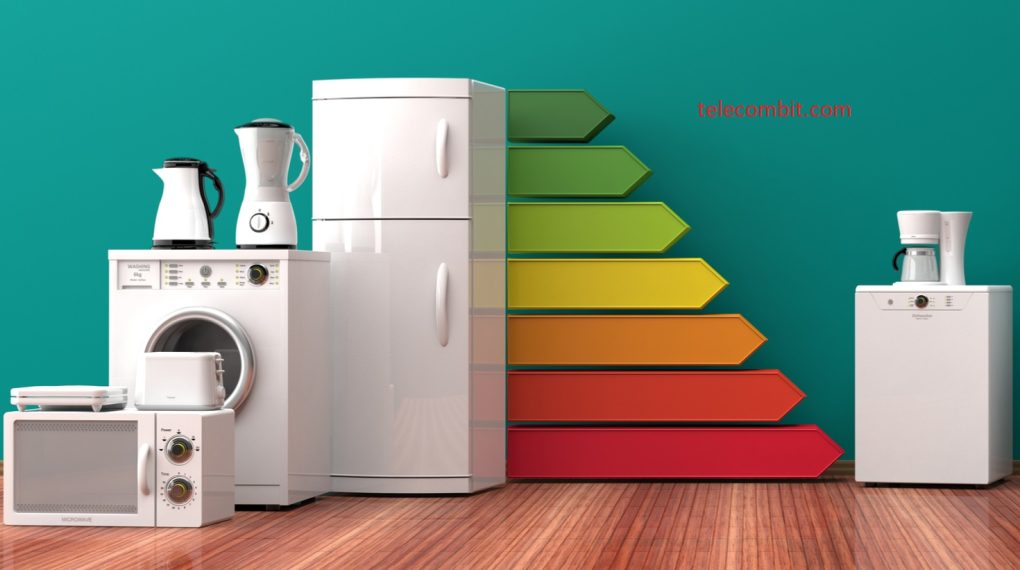
Conclusion:
By implementing these energy-efficient tips in your home, you can significantly reduce energy waste, lower utility bills, and contribute to a greener future. Sealing air leaks, upgrading insulation, installing energy-efficient windows, switching to LED lighting, optimizing heating and cooling systems, practicing efficient water usage, and using energy-efficient appliances are practical steps that can make a noticeable difference. Embrace these strategies and enjoy a more sustainable, cost-effective, and comfortable living environment.
